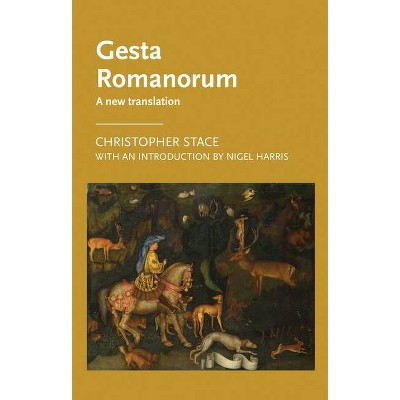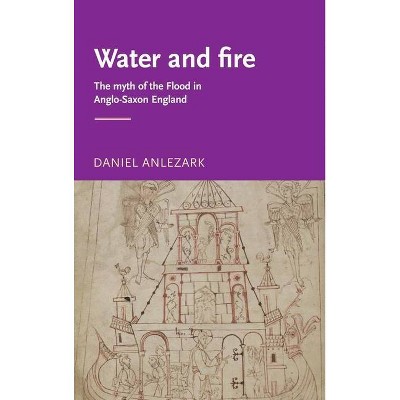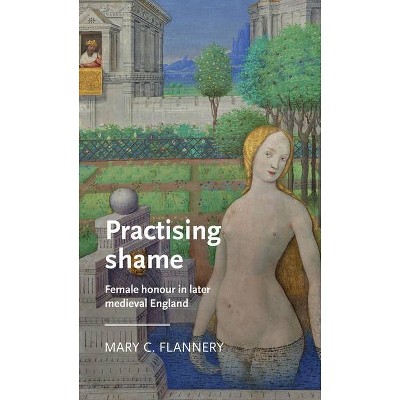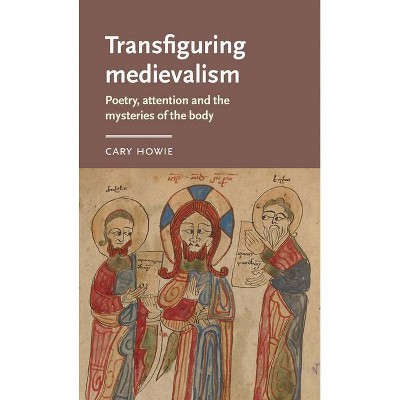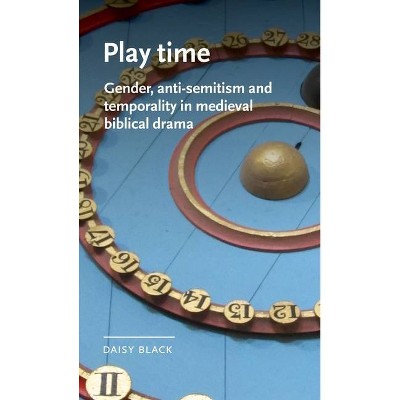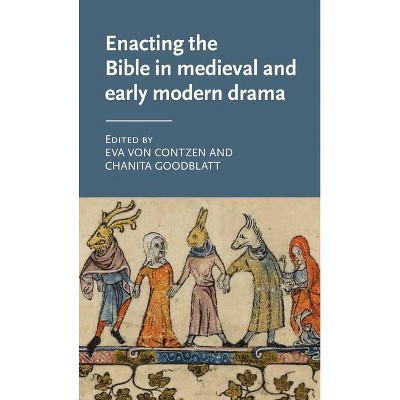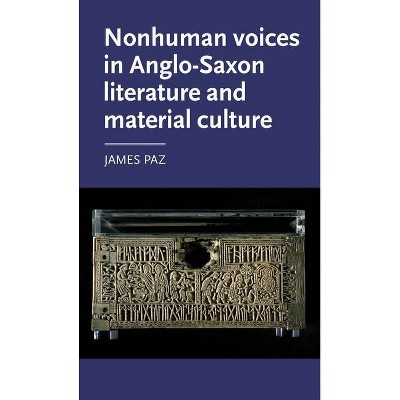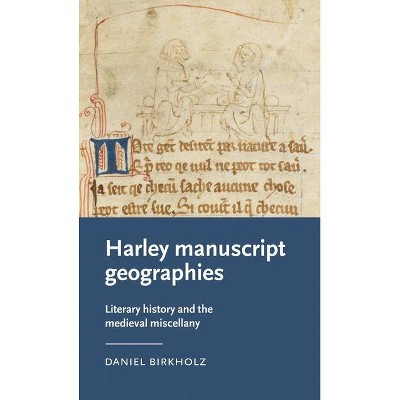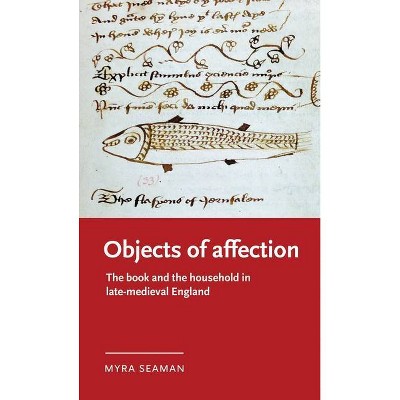Rebel Angels - (Manchester Medieval Literature and Culture) by Jill Fitzgerald (Paperback)
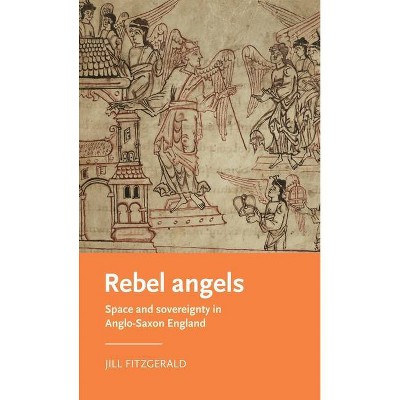
Similar Products
Products of same category from the store
AllProduct info
<p/><br></br><p><b> About the Book </b></p></br></br>This book examines the 'fall of the angels' tradition in early medieval sermons, saints' lives, legal documents and Old English biblical poetry. It argues that Anglo-Saxon authors adapted apocryphal and patristic accounts in ways that allowed them to express their ideas concerning ecclesiastical and secular power.<p/><br></br><p><b> Book Synopsis </b></p></br></br>Over six hundred years before John Milton's <i>Paradise Lost</i>, Anglo-Saxon authors told their own version of the fall of the angels. This book brings together various cultural moments, literary genres and relevant comparanda to recover that version, from the legal and social world to the world of popular spiritual ritual and belief. The story of the fall of the angels in Anglo-Saxon England is the story of a successfully transmitted exegetical teaching turned rich literary tradition. It can be traced through a range of genres - sermons, saints' lives, royal charters, riddles, devotional and biblical poetry - each one offering a distinct window into the ancient myth's place within the Anglo-Saxon literary and cultural imagination. <b></b><p/><br></br><p><b> From the Back Cover </b></p></br></br>The Anglo-Saxons possessed a complex, ever-changing theory of the fall of the angels. This is the first comprehensive study of how early medieval authors transformed exegetical teachings about the angelic rebellion into a rich literary tradition, from the works of Bede to the Old English poems of the Junius manuscript. One reason why this narrative so captivated poets, homilists, political thinkers and even kings was because it gave them a symbolic language with which to discuss when and how space and territory - heavenly, earthly, hellish - were first created and fought over. In their adoption of both apocryphal and patristic ideas surrounding the angelic rebellion, Anglo-Saxon authors characteristically imagined Satan and his cohort as powerful noblemen or veteran retainers who betray their lord's munificence in a struggle for power and land, thereby encoding cultural anxieties surrounding the politics of territorial inheritance and disinheritance in their adaptations of the narrative. This book charts shifting attitudes toward the fall of the angels narrative from roughly the eighth to the eleventh centuries through focused readings of a diverse range of literary and historical texts, including Old English biblical poems, royal land charters, legal documents, saints' lives, the homilies of Ælfric and Wulfstan, and liturgical materials along with their attendant spatial practices. The fall of the angels was not simply a cautionary tale for Anglo-Saxon Christians, but a narrative that fundamentally informed the construction of early medieval ecclesiastical and social worlds in ways that have not been previously recognised.<p/><br></br><p><b> Review Quotes </b></p></br></br><br><p>'Fitzgerald's nuanced approach to her subject's many complexities, together with the attention given to the texts' historical circumstances, makes a persuasive argument for the influence of the fall of the angels narrative in the literary imagination of early English authors. This is a thought-provoking book that will prove an inspiration to its careful reader.'</p><p><em>Speculum</em> </p><br><p/><br></br><p><b> About the Author </b></p></br></br>Jill Fitzgerald is Assistant Professor in the Department of English at the United States Naval Academy
Price History
Price Archive shows prices from various stores, lets you see history and find the cheapest. There is no actual sale on the website. For all support, inquiry and suggestion messages communication@pricearchive.us
